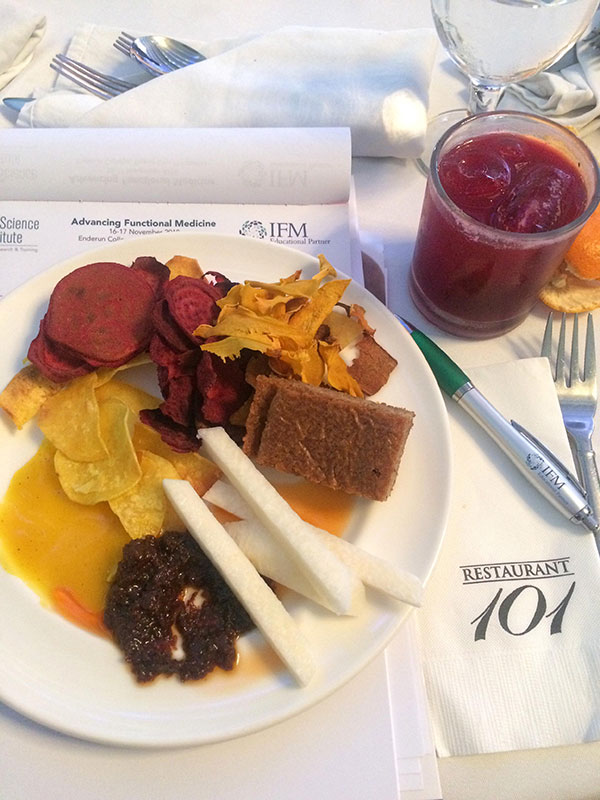In gut we trust
By Justinne Lou Go, RND
SINCE I couldn’t include my learnings from the conference I mentioned in last week’s article, here it is as promised. To recap, Functional Medicine (FM) is a biology systems-based approach which addresses underlying root causes instead of symptoms and it recognizes that each individual is biochemically unique, thus requiring a personalized management. The key question practitioners ask their patients is, “When did you last feel well?” That question forms the basis of a person’s perspective on his optimal health and well-being.

Functional Medicine also holds to the principle that the gut or our digestive system (mainly the small intestine) is at the core of one’s health; it is both the window and the main ballast, being the first organ to look into and the main area of management. And this is only logical, the gut being our body’s first line of defense to whatever we put into our mouths. Whatever symptoms one may come up with, it is most often likely because the gut health is compromised. Hence, “When in doubt, start with the gut.”
Why the gut? There are now numerous studies on the gut and how it is directly related to our immune system. So much that it actually houses two-thirds of our immune system and it is now even called the “second brain.” Its link to the immune system owes itself to the Gut-Associated Lymphoid Tissue (GALT) located in the small intestine. It is the largest immune organ in the body and acts as a surveillance system in the gut for foreign invaders. There is also a close link between the gut and brain. This is facilitated by the vagal nerve. Wouldn’t you wonder why you feel irritable and moody when you’re hungry? This is also the reason why depression is linked to gut health. Even auto-immune conditions and autism are affected by the gut. There is a strong connection between psychological health and gut health. This is why managing the gut is fundamental in the practice of Functional Medicine.

So, since the gut is the main area of management in the FM practice, you would expect that prebiotics and probiotics are emphasized in the protocol. But bear in mind, although supplements may be needed in some cases, Functional Medicine also emphasizes on using mainly food as medicine. The food choices we make have a great impact on our health. It is important that we get our nutrients from the most natural sources as these are the most recognized form by the body, and thus more readily absorbed. The best sources of prebiotics — the food of good bacteria — are fruits, vegetables, and whole grains. The fiber in these foods is what makes these prebiotics. Probiotics, the good bacteria we need to constantly replenish our gut with, are obtained from fermented food and drinks — kimchi, atchara, sauerkraut, pickled vegetables, yogurt, kefir, and kombucha.
As I mentioned in last week’s article, the Advancing Functional Medicine (AFM) conference I attended had set an excellent example of how medical and health conferences should be like. Being someone who is dairy (casein) intolerant, I appreciated that all the food served throughout the conference were dairy-free and gluten-free. And I’m sure this was beneficial for all as well. And mind you, it did not feel restrictive at all. In fact, the food and refreshments were well-enjoyed and even coffee was served with the option of having almond milk with it. Talk about nourishing both the mind and the body!

So now, there really is truth behind that “gut feeling.” If you don’t feel well, check your gut and lifestyle or better yet, have it checked by a Functional Medicine practitioner. I am a practicing Functional Medicine Nutritionist-Dietitian and I have partner Functional Medicine doctors both in Manila and Cebu who can help you, so feel free to get in touch.




